2021 Update
As of July 1, 2018, possession of one ounce or less of marijuana by a person 21 years of age or older, is no longer punishable by a civil penalty or fine. Possession is legal, retail sales is not.
No updates have been made to hemp- CBD laws in Vermont.
In addition to the federal hemp laws laid out in the 2018 Farm Bill, each state has its own state hemp laws. Before we dive in on Vermont Hemp Laws and the legality of CBD in Vermont, it is important to understand the different types of hemp and CBD products that these laws may be applied to.
There are many (somewhat confusing) terms for hemp oil:
- Isolate or THC-Free Hemp Oil has only CBD and all other plant compounds have been removed, THC is undetectable. Pure CBD Isolate can also be purchased in powder form.
- Full-Spectrum Hemp Oil has all plant compounds, including less than 0.3% THC.
- Broad-Spectrum Hemp Oil has undetectable THC, but contains other plant compounds.
- PCR (Phytocannabinoid-Rich) Hemp Oil with Zero-THC is a new marketing term for broad-spectrum hemp oil.
- CBG Hemp Oil is a hemp oil from a cannabigerol (CBG) rich hemp strain that has more CBG than is found in CBD Hemp Oil.
- Hemp Flower is the dried and harvested flower of the hemp plant. It can be used whole or extracted to make CBD isolate, Full-Spectrum CBD, or Broad-Spectrum CBD (PCR Hemp Oil).
FAQ: Hemp and CBD Legality in Vermont
When it comes to buying CBD products, hemp flower, and hemp cigarettes here are some frequently asked questions that come up:
Is Full Spectrum CBD Legal in Vermont?
That is a trick question because full-spectrum CBD is not the same as the so-called PCR Hemp Oil! This new marketing term is certainly introducing even more confusion around CBD products.
Vermont allows the sale and production of CBD and hemp products. Vermont hemp laws even permit product to have up to 1% total THC as long as they meet the federal requirement of less than 0.3% delta-9-THC.
Is It Legal to Ship PCR Hemp Oil to Vermont?
It is legal to ship ALL types of hemp products with less than 0.3% THC to all US States according to the 2018 Farm Bill.
Where to Buy Full Spectrum CBD Oil in Vermont?
In Vermont you can buy CBD and hemp products online or in stores.
Do you need a special license to purchase PCR Hemp Oil in Vermont?
You don’t need a special license to purchase CBD hemp oil (all types) in Vermont, only to grow, test, or sell products.
How Does Vermont Legally Define Hemp?
Hemp means the plant Cannabis sativa L. and any part of the plant, including the seeds and all derivatives, extracts, cannabinoids, acids, salts, isomers, and salts of isomers, whether growing or not, with a delta-9 tetrahydrocannabinol concentration of not more than 0.3 percent on a dry weight basis. The cultivation of hemp shall be subject to and comply with the required agricultural practices adopted pursuant to 6 V.S.A. § 4810.
Growing and Selling Hemp in Vermont
Vermont hemp growers and handlers must be registered and licensed with the state. They have a very well defined legal process to follow. Hemp and CBD products must comply with Vermont hemp laws:
- Products must contain no more than 0.3% delta-9-THC and no more than 1% total THC
- Products must come from a registered farm
- Products must be tested by a licensed laboratory
- Must meet strict labeling and testing requirements
In addition to Vermont state CBD laws and the 2018 Farm Bill hemp laws, the US Food and Drug Administration (FDA) has additional requirements for CBD and hemp companies to meet.
Vermont state hemp laws allow for CBD products such as:
- Hemp topicals
- Hemp concentrates and extracts (oils and tinctures)
- Industrial hemp for building or fiber materials
- Industrial hempseed (food product)
- Industrial hempseed oil (food product)
CBD Labeling Requirements for Vermont
Under Vermont hemp laws, 'Section 11 Requirements for Labeling Hemp Products and Hemp-infused Products' requires that all hemp products or hemp-infused (CBD) products produced in Vermont must be labeled and traceable to a certificate of analysis for all cannabinoid content label guarantees.
First, Vermont hemp laws actually set a legal definition for the types of CBD products and require that their formulations meet the state's definitions:
11.3. All label claims using the term “whole plant,” “isolate,” “full spectrum,” “broad spectrum,” and/or “distillate” shall comply with the applicable definition contained in these rules.
Vermont Hemp Program Rules
Next, Vermont hemp laws lay out mandatory label information that is required for all hemp and CBD products produced in the state:
- Name and principal mailing address of the processor
- A statement that the product contains ingredients that are derived from “hemp”
- An accurate statement of the quantity of the content in weight, measure, or numerical count
- When offering a guarantee, the guaranteed amount of any listed cannabinoid contained in the product by serving size measured in milligrams, milliliters, or grams
- A statement that the product contains THC, if applicable
- Batch/lot number
- The term 'Vermont Hemp' is protected and must meet requirements for that term to be used in labeling and marketing
Finally, the Vermont hemp laws explain that in a situation where a CBD product is also an FDA-approved Dietary Supplement, those label requirements (and other requirements) supersede the state requirements. This is significant because there has long been a push for the FDA to classify CBD as a dietary supplement and regulate it accordingly. While that action is anticipated, the FDA continues to draw it out in hopes of making more money off of clinical trials for CBD pharmaceuticals like Epidiolex.
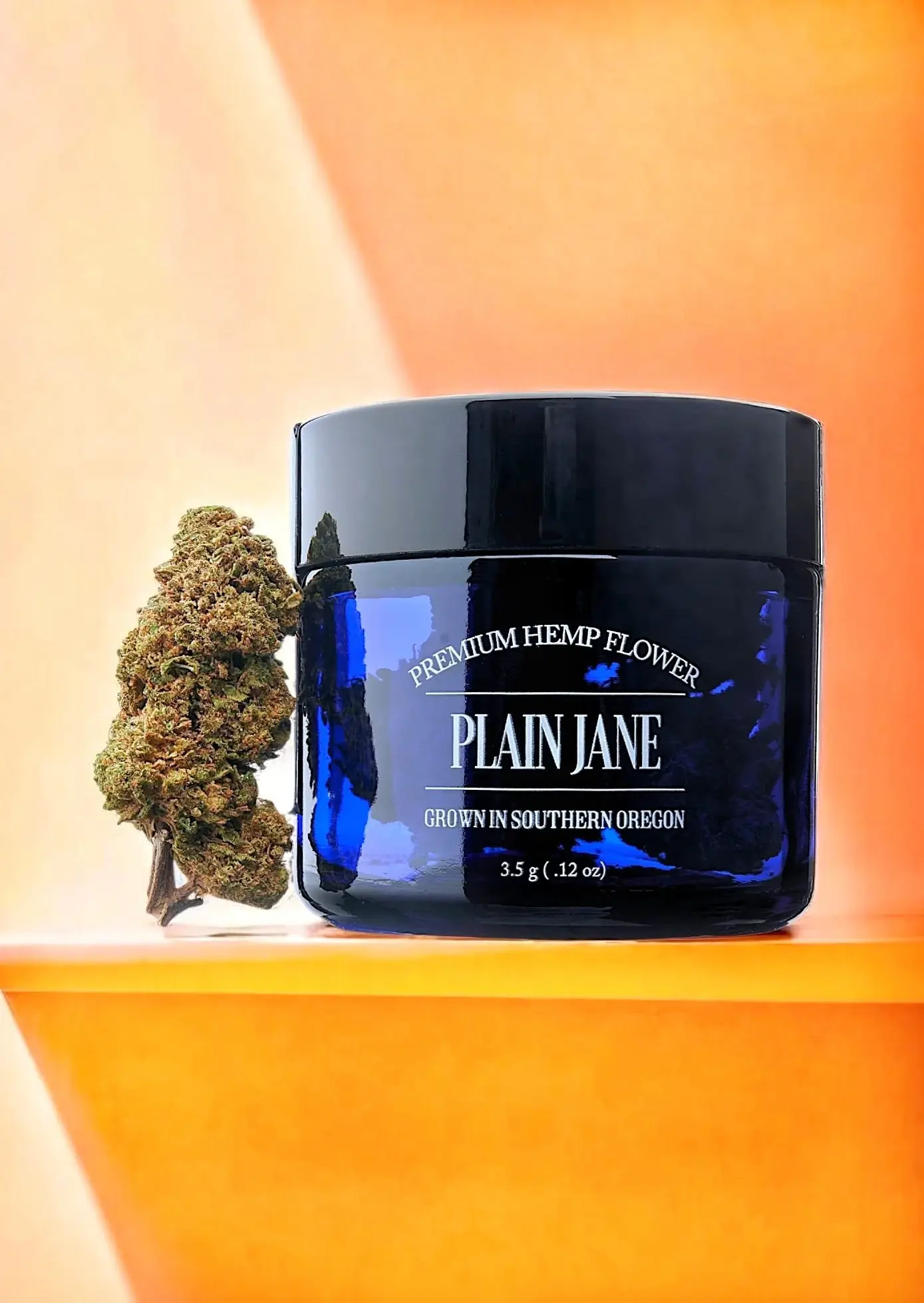
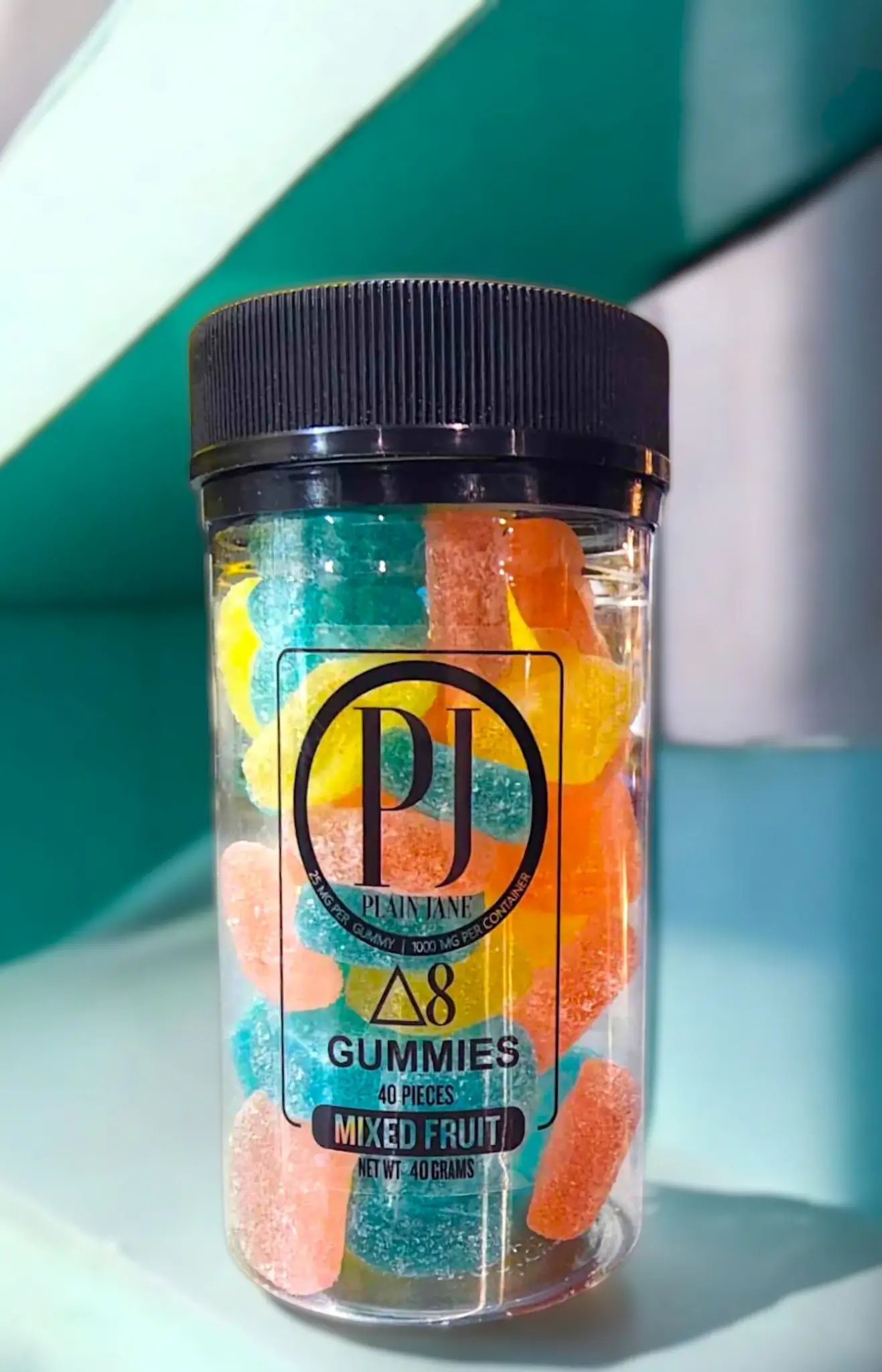
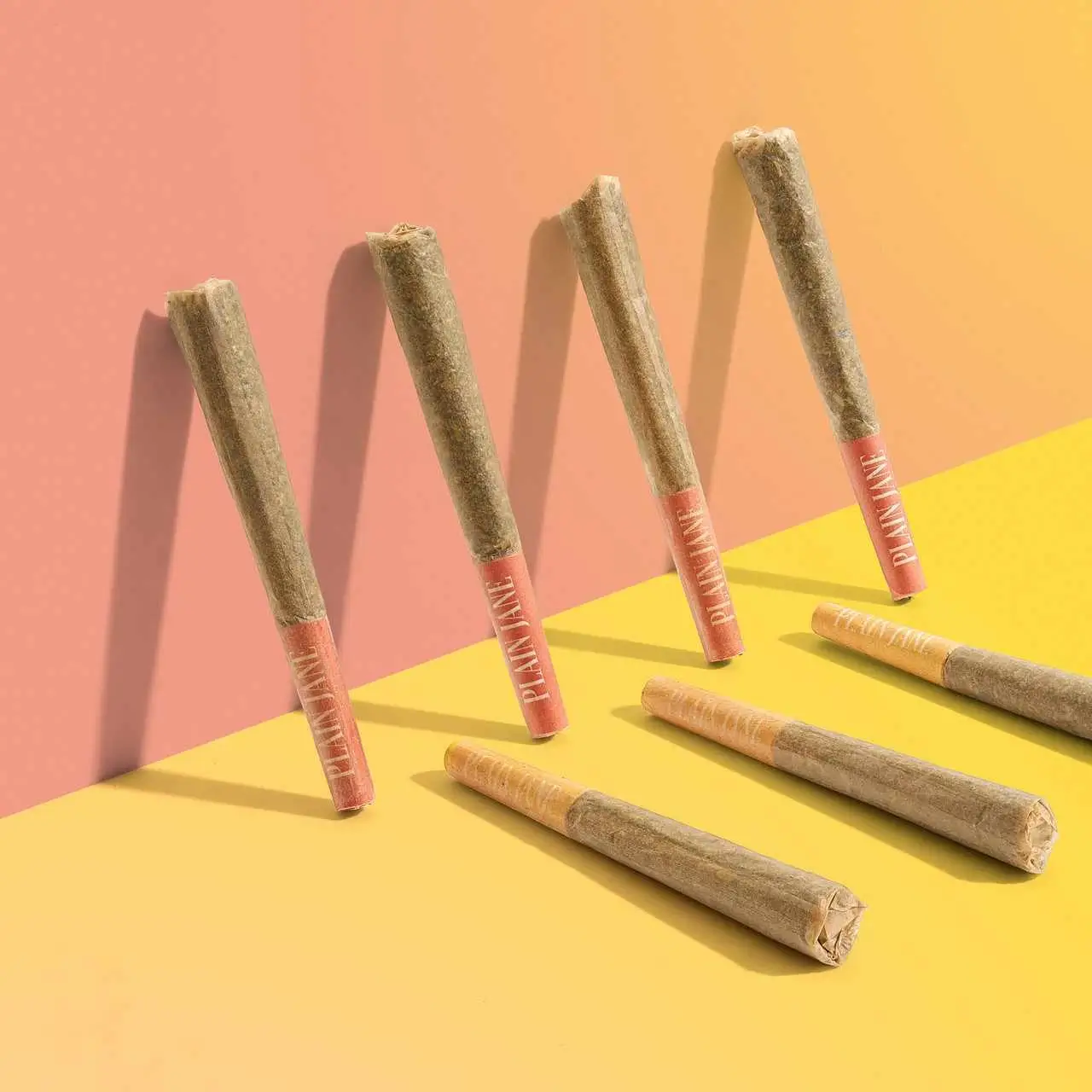
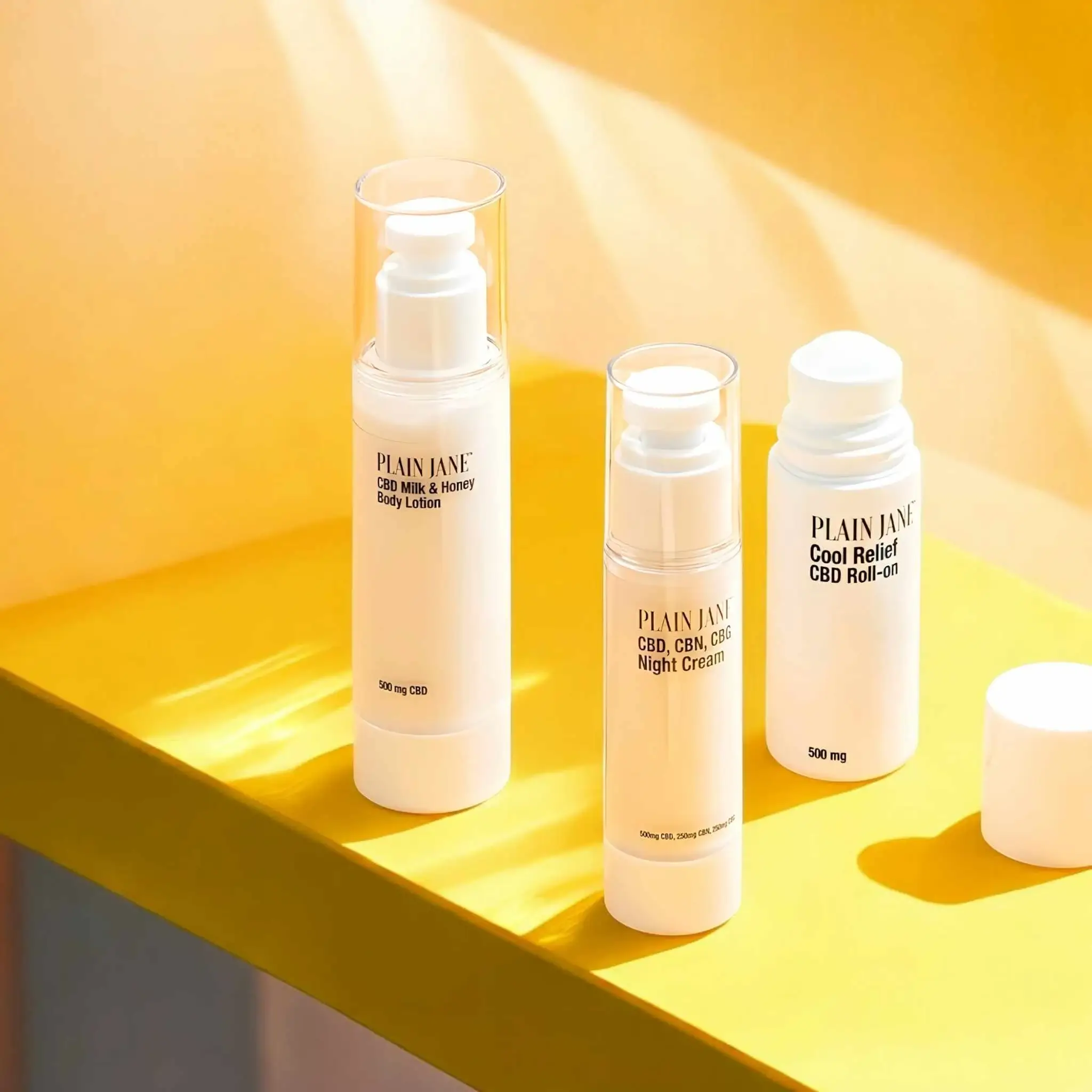
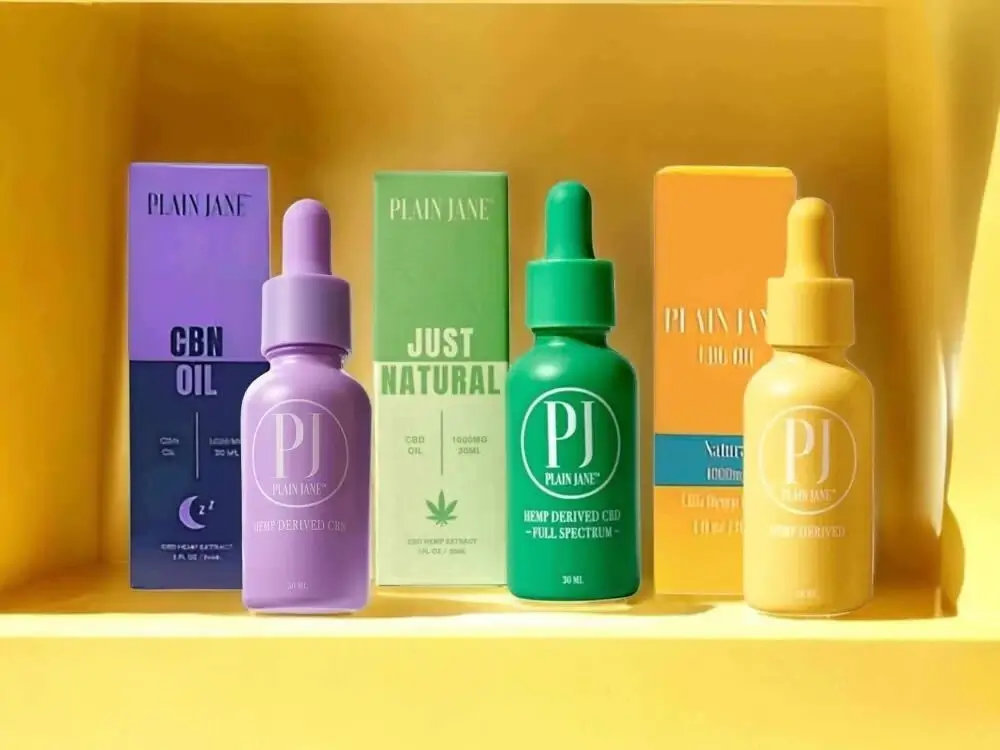
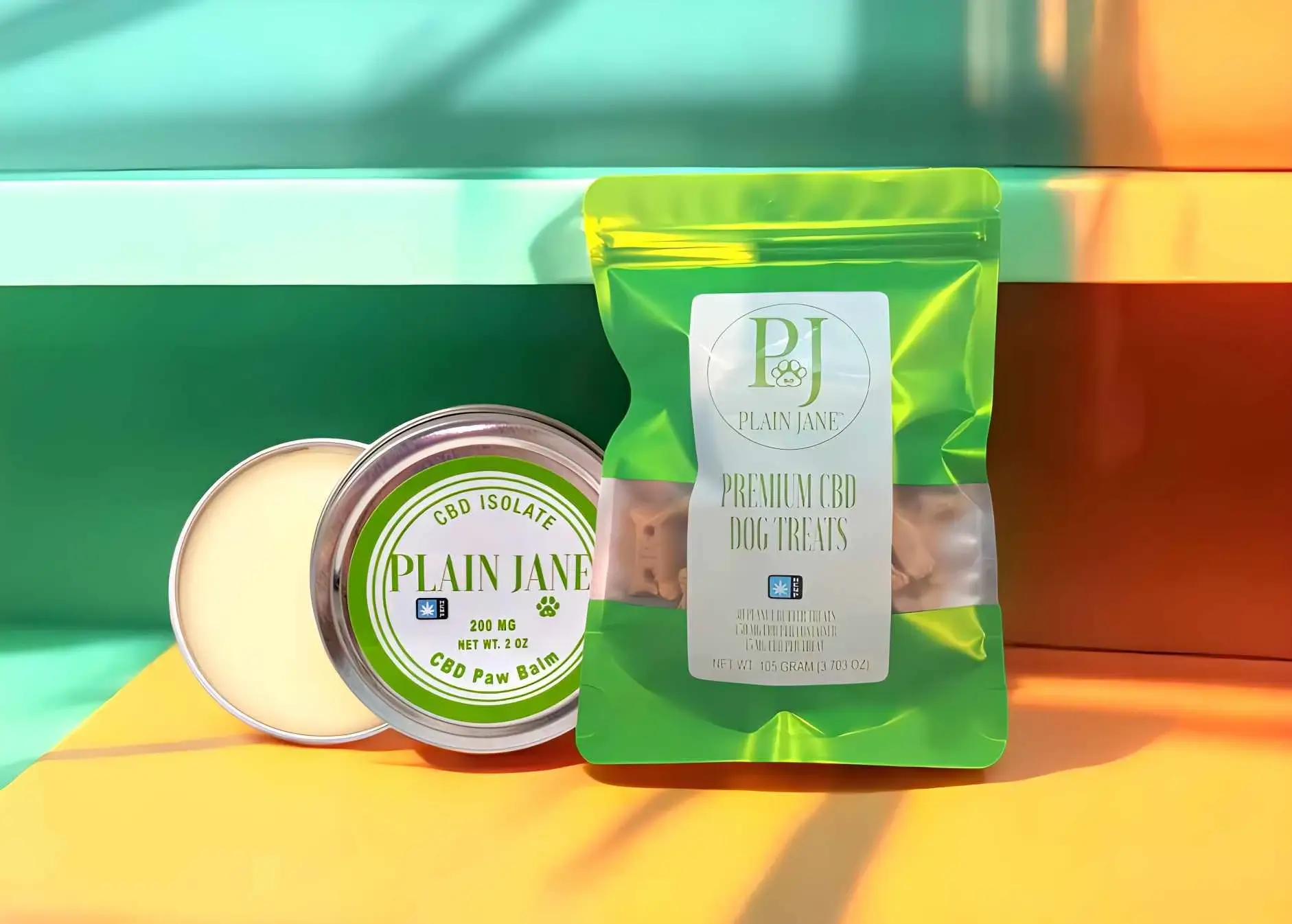
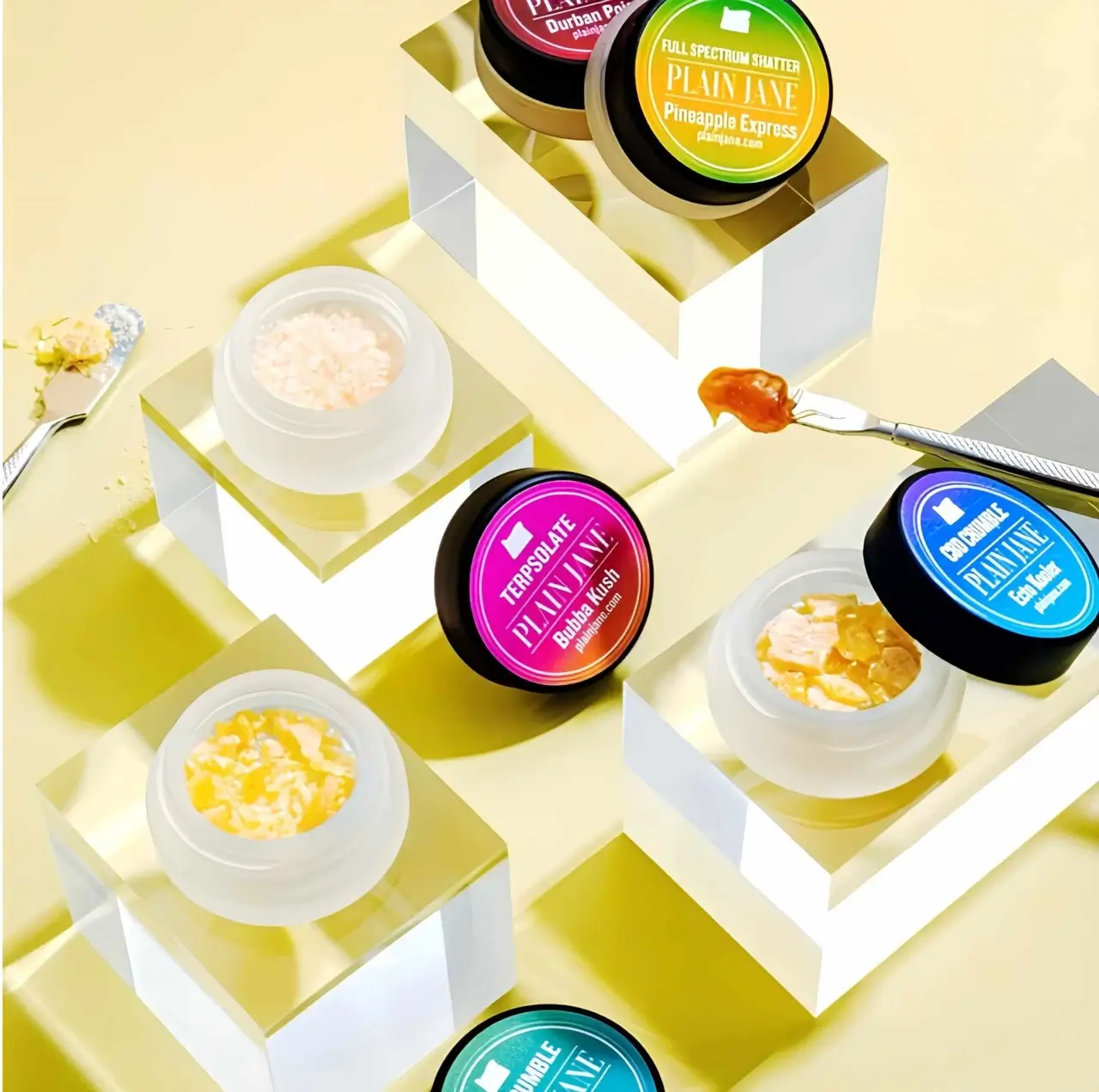
0 comments